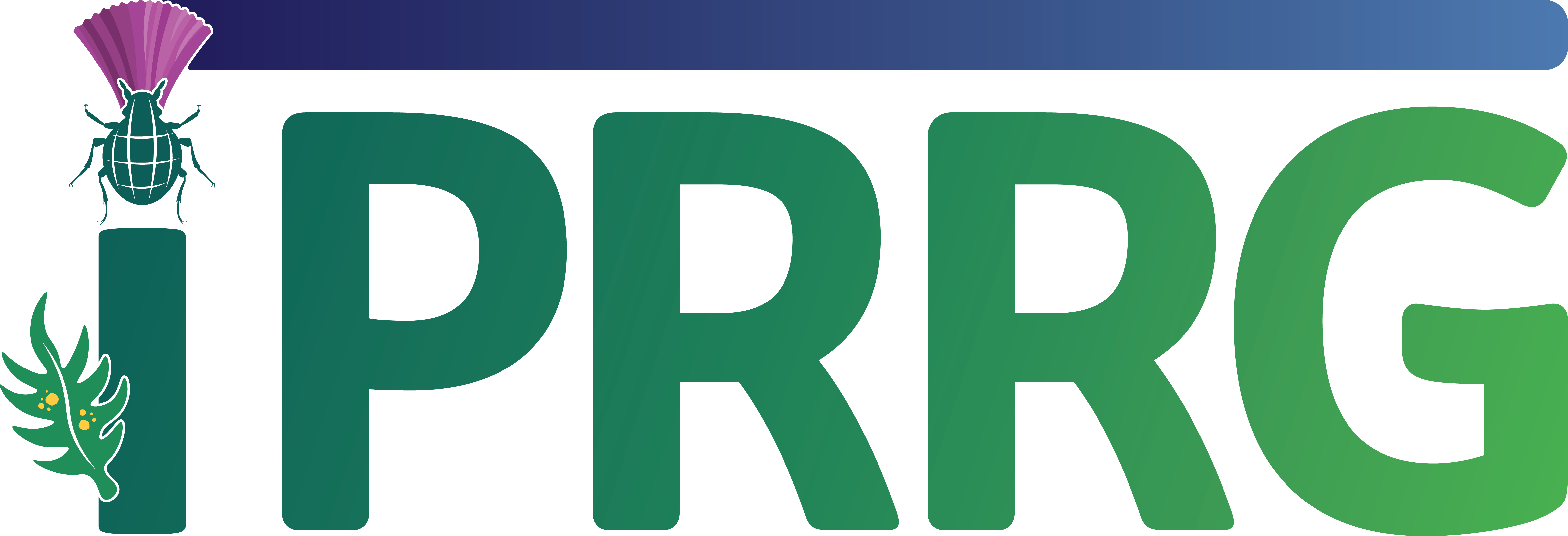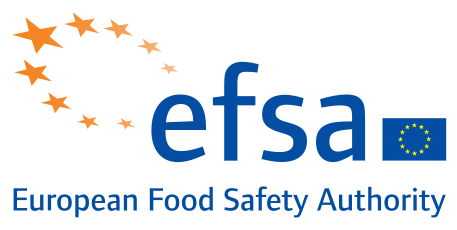2022 Annual Meeting of the International Pest Risk Research Group
in Association with the European and Mediterranean Plant Protection Organization (EPPO), European Food Safety Authority (EFSA), Benaki Phytopathological Institute, Greece, and University of Thessaly, Greece
Climate change and pest risk assessment
10th – 13th October 2022, Athens, Greece
The International Pest Risk Research Group will be hosting its 2022 annual meeting in association with the Benaki Phytopathological Institute, European and Mediterranean Plant Protection Organization (EPPO), European Food Safety Authority (EFSA) and the University of Thessaly from 10th to 13th October 2022 in Athens, Greece.
About the Meeting Theme: Climate change impacts the movement of agricultural and forestry products and the survival of novel invasive threats worldwide. There is emerging evidence that recent historical climatic changes have resulted in dramatic effects on the geographical range and impacts of both endemic and invasive alien pests, making the protection of national borders against new pest invasions increasingly difficult. The economic consequences of climate change will, in turn, change pathways and alter invasive species risk patterns. Climate change has been identified by EFSA and EPPO as the highest priority emerging concern in relation to pest risk modelling and assessment. This year we wish to focus attention on key impacts of climate change on pest risk assessment, to better understand and prepare for the emerging challenges.
Call for Abstracts: (PDF version) We are experimenting with a new model for our meeting. This year, we are inviting presentations on the workshop theme, with a view to workshopping the topics and distilling the consensus position on each of the topics into a series of papers to be published as a peer-reviewed special issue in EPPO Bulletin. Consequently, while we welcome presentations spanning the full range of interests covered by IPRRG, this year we especially encourage presentations addressing any of the following topics:
- Trends, magnitude and uncertainties in climate change
- The interpretation of climate change scenarios. Appropriate framing of the risk assessment problems and communicating PRA scenarios
- The sensitivity of pests to climate change. How important are the effects of climate change on PRA?
- Evidence for changes in pest ranges and impacts in response to climatic changes, including case studies
- The strengths and weaknesses of different models for estimating species ranges under climate change
- Can current PRA tools include emerging threats due to climate change accurately and adequately, considering establishment, host crop exposure, and the distribution of impacts, etc.?
- How should future climate scenarios be incorporated into PRA?
- Adaptive management (stress test, contingency plan, targeted surveillance and monitoring of lead variables)?
- Standard emission scenario?
- Which GCMs, and how should the results be considered?
- Understanding the appropriate time horizon for PRA
- How far into the future should a PRA consider?
- What are the factors that should guide this horizon?
- Monitoring and horizon scanning for emerging pest threats
- What datasets, models and methods are useful to recognise emerging threats?
- How can we apply them cost-effectively?
- How can we identify and characterise emerging threats?
- How should we curate and share data on changing threats?
- Managing emerging pest threats under substantial climate uncertainty
During the workshop we will collate the discussion points on each topic for distillation into papers to be published.
*** Abstract submission is now closed! ***
Meeting Program: The program, including a detailed agenda as well as oral and poster presentation abstracts, is available here.
Venue: Ionic Centre, which is located in a neoclassical style building in the Plaka neighborhood, a few minutes’ walk from the walls of the Acropolis and the Parthenon. Here’s a sneak peek!





CLOSED! Registration: The IPRRG 2022 registration fee provides access to all meeting sessions, refreshments during the meeting, a group dinner and a full-day technical excursion. Students are eligible for a discounted registration.
Regular Member Registration: 450 €
Student Member Registration: 400 €
Register by 30 September to secure those rates! Late registration (1 October or later) will be 550 € for regular members, 500 € for student members.
Upon submitting your registration form, you will be redirected to online payment (powered by Airwallex).
Accommodations: We have not reserved a block of rooms at a local hotel, but there are many affordable lodging options close to the Ionic Centre. You can download an Excel table with details about some of the nearby choices (NOTE: numbers of available rooms were current as of 9 Sept and likely have changed since then):
Do you have a special interest in fruit flies? This year’s meeting is being planned in conjunction with the annual meeting of the European Horizon 2020 FF-IPM project, which will take place 14-15 October 2022 in a venue near the IPRRG meeting. If you are interested in attending the FF-IPM meeting, please contact Nikolaos Papadopoulos.







